A heat pump or electric heater is used to heat a home. They have different features, efficiency ratings, requirements, and cost. Price is usually a top factor when choosing between them, but how big is the cost difference between a heat pump and electric heat? We've looked it up and summed up the answers here.
A heat pump is cheaper. But an electric heater is more likely to help you save on long-term costs than a heat pump. A heat pump comes at a higher price when paying upfront, while an electric heater will cost more to run.
We'll give you a rundown on the costs of a heat pump and electric heat, along with the pro and cons of choosing each, so keep reading!
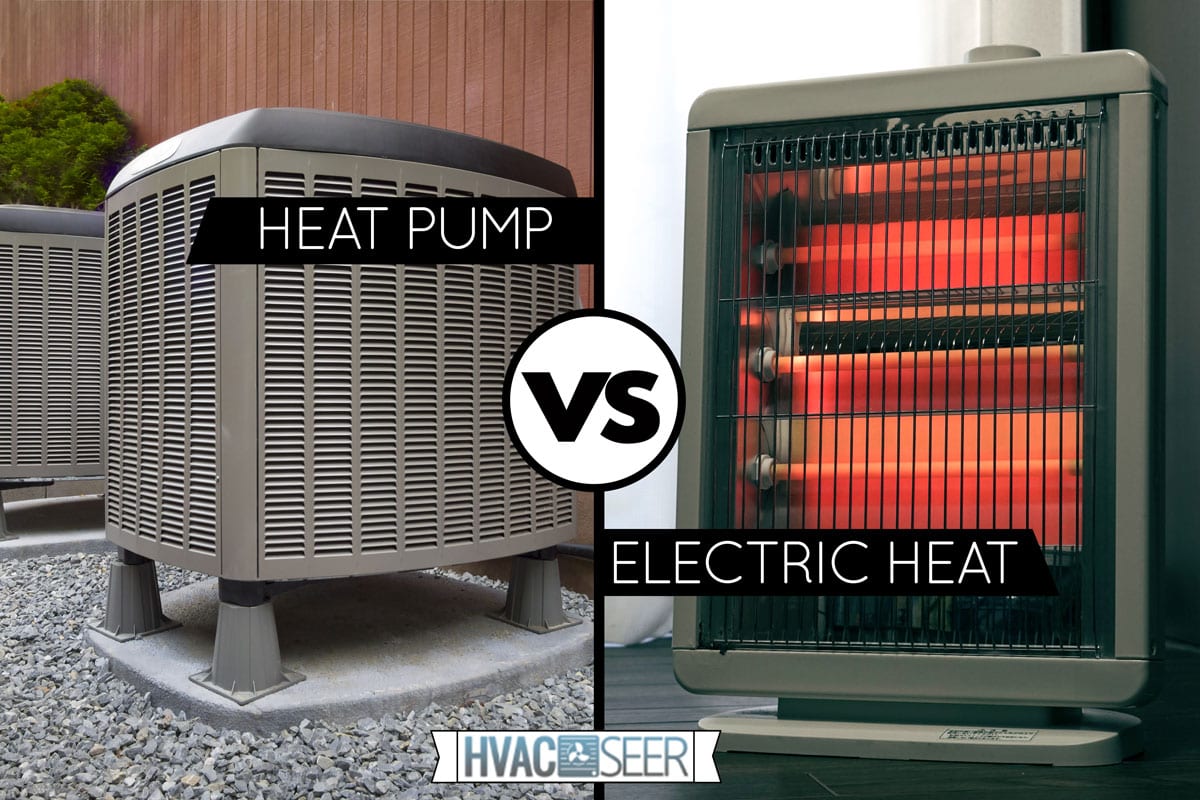
How Much Is A Heat Pump Vs. Electric Heater?
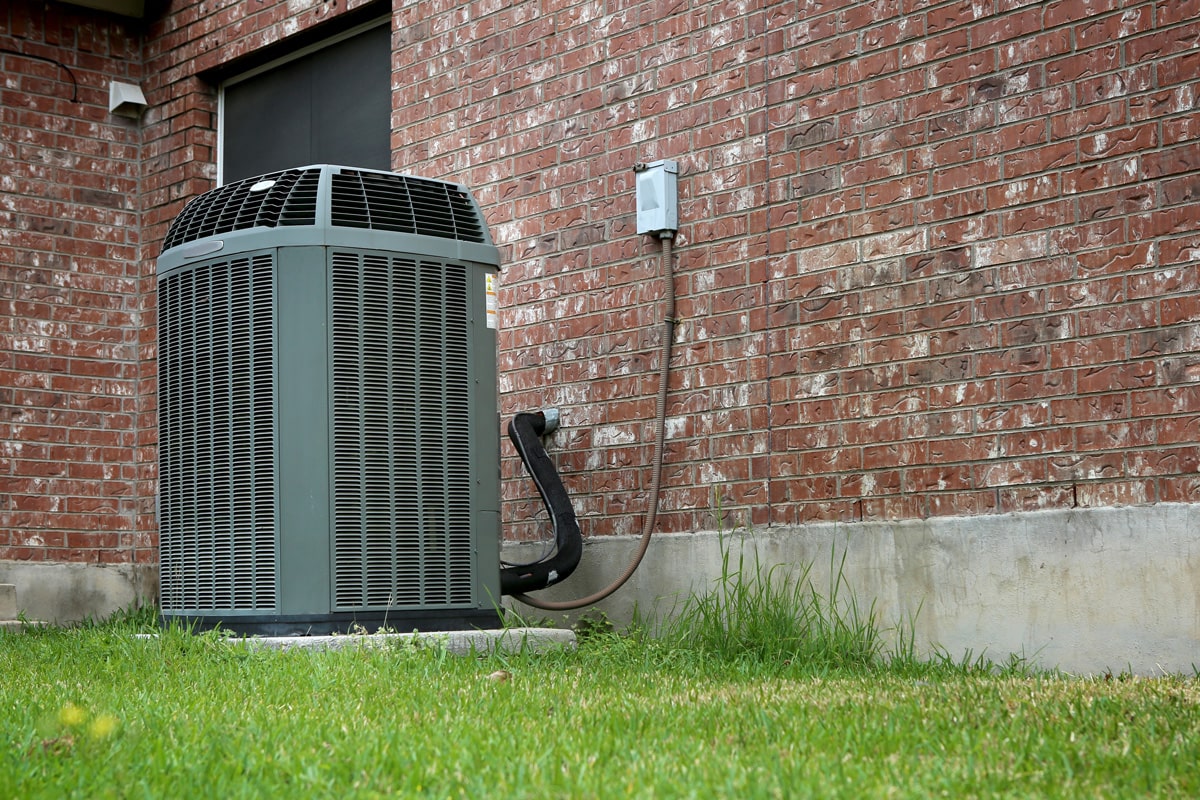
There's a lot to tie into the total cost you spend for a heating system, from upfront installation to later maintenance.
A heat pump would be better for you if you want a unit that costs less in the long run. But if you want a cheaper model that requires less maintenance, consider purchasing an electric heater.
Here's how much you can expect to pay.
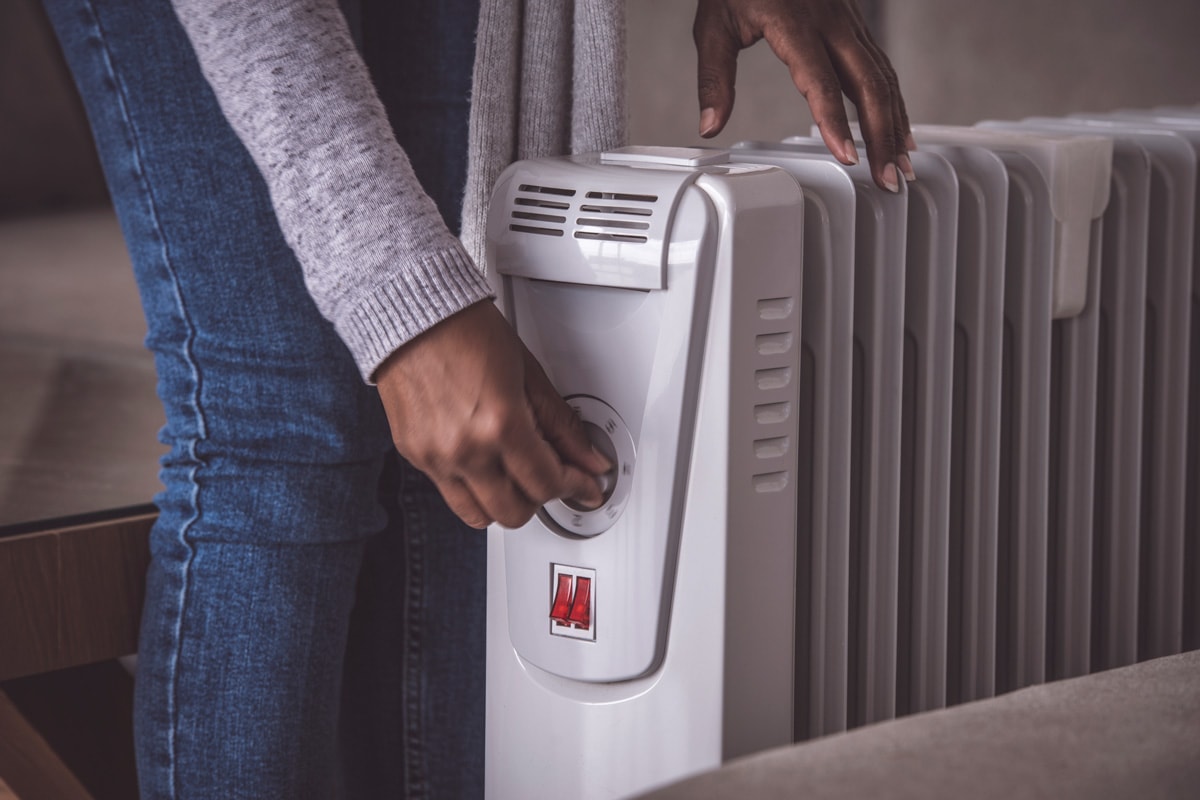
What Is The Cost Of A New Unit?
A heat pump requires a higher upfront price than electric heaters going from $1,000 to $6,000, depending on the type. A ductless mini-split is usually the cheapest, while a geothermal or gas-fired heat pump costs the most.
For electric heat, an electric furnace ranges from $800 to $4,500, varying in size and capacity. If you want a baseboard heater, it can go from $40 to $650.
What Is The Cost Of Installation?
Likewise, heat pump installation usually costs more than electric heaters, starting at $500 to as high as $30,000.
Electric furnace installation costs around $4,000 to $19,100, while installing a baseboard heater will cost around $200 to $1,400.
What Is The Cost Of Maintenance?
Paying for maintenance includes regular check-ups and necessary repairs, so it may vary on the damages that need fixing.
Heat pump repairs can go from $80 to $4,500, but general service usually ranges from $80 to $130 per unit. Manufacturers recommend having your heat pump checked every year.
Electric furnace repairs start at $150 to $2,500, with maintenance usually costing $80 to $200. If you own a baseboard heater, the repairs and service run from $65 to $800.
Read this post to see how often you need to service an electric furnace: Do Electric Furnaces Need Yearly Maintenance?
What Is The Cost Of Replacements?
You can expect to pay between $3,000 to $6,000 to replace a heat pump alone. Other part replacements require additional costs on top of the heat pump, reaching up to $9,000 or more.
A replacement electric furnace is often cheaper than heat pumps at $1,300 to $8,400, excluding added work. Baseboard heaters are easier to replace than other electric heaters, so a replacement cost is usually the same as getting a new unit.
Should I Get A Heat Pump?
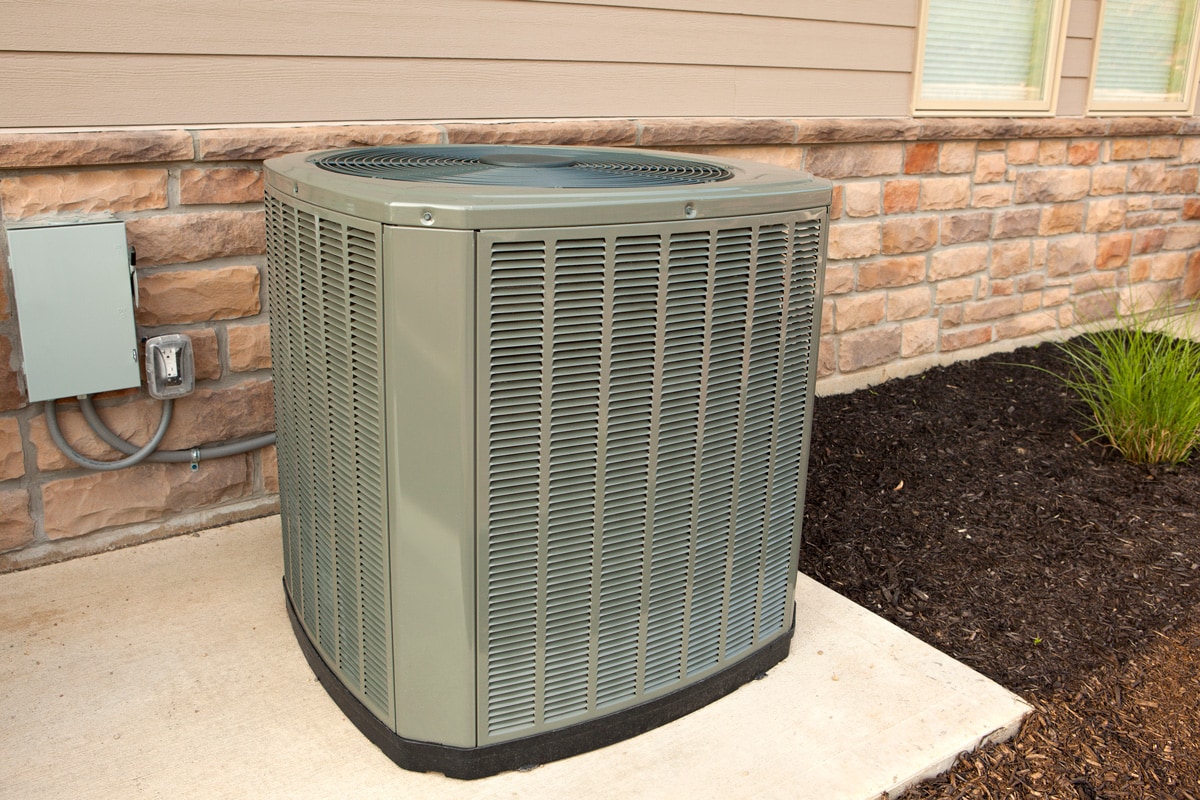
Adding a heat pump to your HVAC system can work as an alternative air conditioner and home heater. However, the primary benefit lies in its efficiency, making it much more efficient than traditional systems.
Heat pumps work by transferring heat from one location to another. So, in colder spaces, it moves the heat indoors to the outside.
Heat Pump Benefits- What Are They?
Energy Saving
Unlike a standard furnace and boiler, a heat pump functions similar to a refrigerator by moving the heat to different spaces. That way, it uses less energy than fuel-burning systems.
Some heat pumps, such as a mini-split, come with a better SEER rating than a traditional air conditioning system, reaching about 20 SEER or higher. As a result, they have higher cooling efficiency.
Cost Efficiency
Saving on energy also reflects on your heating and cooling bills. Besides this, heat pumps are cheaper to afford the longer you keep them. Although it's expensive upfront, maintenance and repairs are affordable when comparing other heating systems.
Cooling Ability
While the primary purpose of a heat pump is warming indoors, it also offers cooling capabilities. A heat pump transfers heat, so it only needs to reverse the process by pumping out the heat outside.
It allows homeowners to use them as an alternative cooling system without purchasing a separate unit.
Requires No Ducts
It's challenging to install air conditioning in a home without ducts, so purchasing a ductless unit or portable options is the best way around it.
Ductless heat pumps are also suitable if you want a model that takes less effort to install and looks neater.
Heat Pump Drawbacks - What Are They?
Pricey Upfront Cost
Most homeowners decide against using a heat pump because of the high upfront price. Most heat pumps can go over $10,000 with installation.
However, you receive a single heating and cooling system at this price, much like a furnace and air conditioner together.
Electric Requirements
While other devices may require additional ductwork and other systems, heat pumps need higher electrical requirements. You may have to upgrade your power panel or double-check to see if it can easily run a heat pump.
Note upgrading your electric panel may cost around $850 to $4,000. The cost can go higher if you need to replace it entirely.
Is An Electric Heater Good?
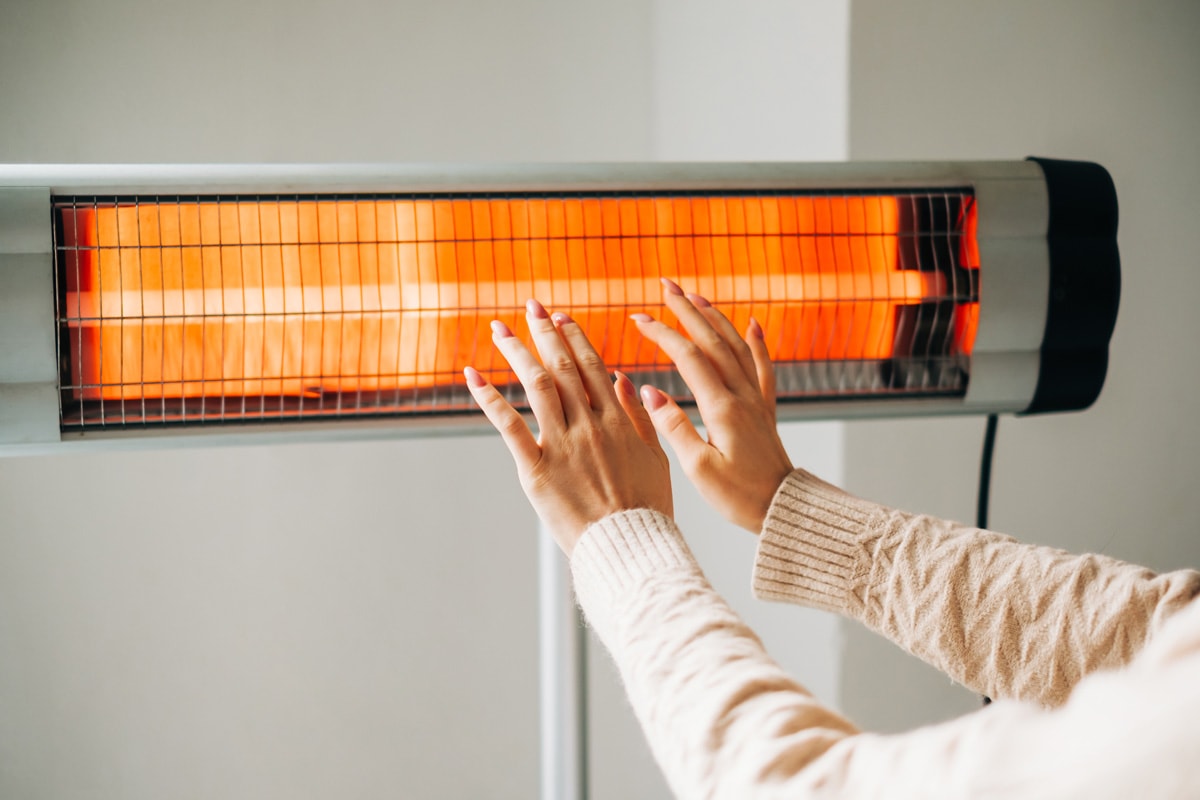
You may want to check out electric heaters when looking for a heating system that's easy to control and carry.
Most electric heaters only require proper power output and little to no installation, so you can quickly set it up yourself. They also work in giving rooms extra warmth because of their portability and size.
For a deeper look, here are its pros and cons.
What Are The Pros Of Electric Heat?
Affordability
Electric heaters have affordable upfront prices, often cheaper than most heating systems. You can take this into account when calculating its cost-efficiency.
Ease Of Use
You only need to plug an electric heater into a power source to operate them. Because of this, you can use it in different locations of your home.
Their straightforward designs make it easy to understand and control electric heat.
Size And Portability
Most electric heaters are lightweight and small enough to fit into any space around your home, including on a table or hung.
Also, their size keeps them portable. So, you can move them from room to room without trouble or even bring them during travel.
Safer Operation
Since it runs on electricity, it reduces the risk of gas or fuel-related casualties and pollution. Electric heaters are typically safer than traditional heating models, given that you meet their power requirements.
Additional Features
Electric heaters have several added features, from built-in timers to adjustable thermostats. It makes them more customizable according to your preference and needs.
What Are The Cons Of Electric Heat?
Costly To Run
It may be expensive to run electric heat compared to a heat pump. Although these units are cheaper, they add up to a large sum in the long run, including maintenance and repair costs.
Power Needs
Electric heaters likely have a lot of power needs, wherein you might need to use extension cords or adapters to ensure they produce adequate power.
What Are Some Common Electric Heaters?
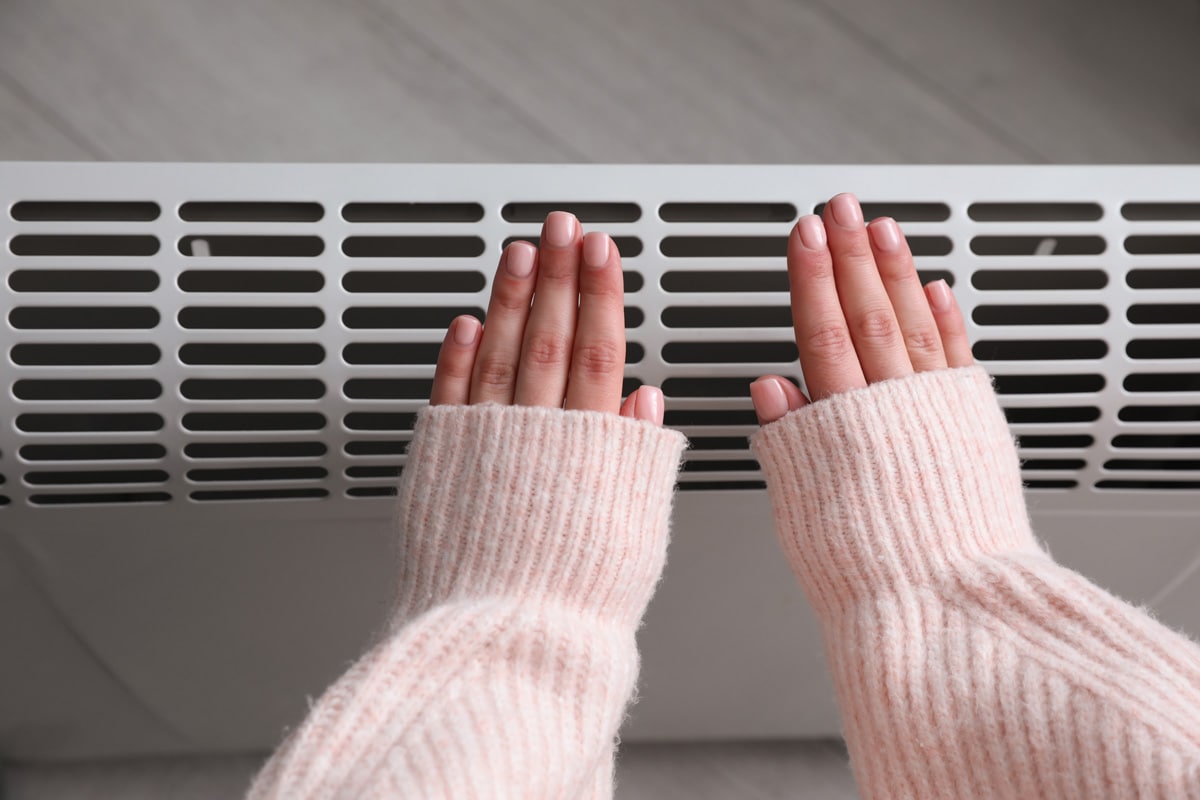
Like heat pumps, electric heat carries different capacities per model. They can be a room-sized or central heating system offering a wide range of features according to your needs.
You can install electric heat through several types. Here are a couple of popular options.
Electric Furnace
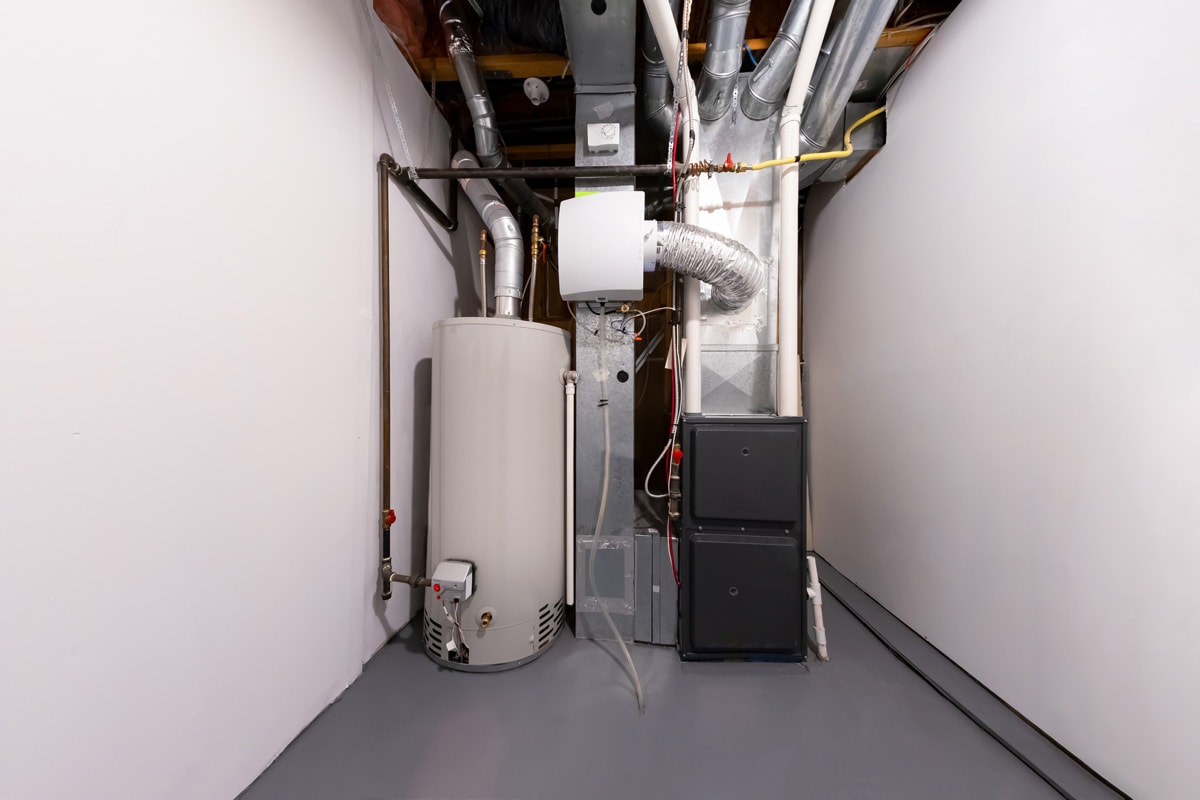
An electric furnace converts electricity into heat without wastage, making it highly efficient. The device requires little maintenance and lasts over ten years, but it costs almost twice as much as a heat pump to produce the same heat output.
However, electric furnaces perform exceptionally even when heating in cooler temperatures, making them better for colder climates.
Baseboard Heater
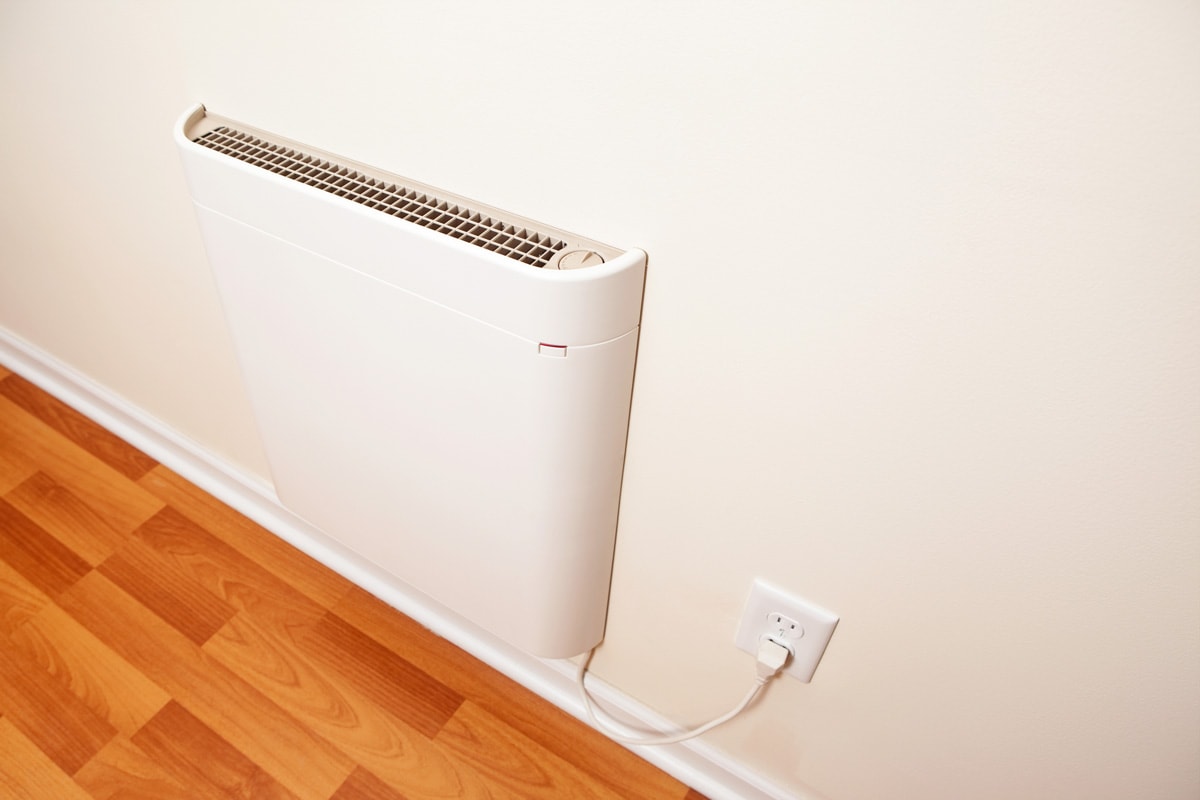
Baseboard heaters use electric heating coils to warm air that goes through the bottom slot, then releases it through the top slot and into the room. To counter heat loss, most would install them under windows.
This electric heater works more efficiently when left running continuously instead of switching on and off. It's also good to add if you have rooms that need extra heat but don't have enough to make extensive modifications to your existing heating system.
Read more about baseboard heaters and their heat output in this post: How Hot Do Baseboard Heaters Get?
Click here to see the Cadet F Series Electric Baseboard Heater on Amazon.
Wall Heater
An electric wall heater is the best choice for significantly small rooms with little floor space, such as a closet or bathroom. Most recommend installing them indoors because of potential exterior insulation and condensation complications.
While a wall heater is comparable to a portable space heater in performance, it is not as mobile because you need to recess it into a wall. It also doesn't plug in; instead, it is hard-wired into an electrical circuit running through the walls.
Check out the Cadet Com-Pak Electric Wall Heater with Thermostat on Amazon.
In Summary
With the information we gathered, we recommend a heat pump for homeowners who want to save on long-term heating expenses and have a large budget when paying upfront. However, electric heat is better for anyone looking for more affordable units that are easier to operate and move.


